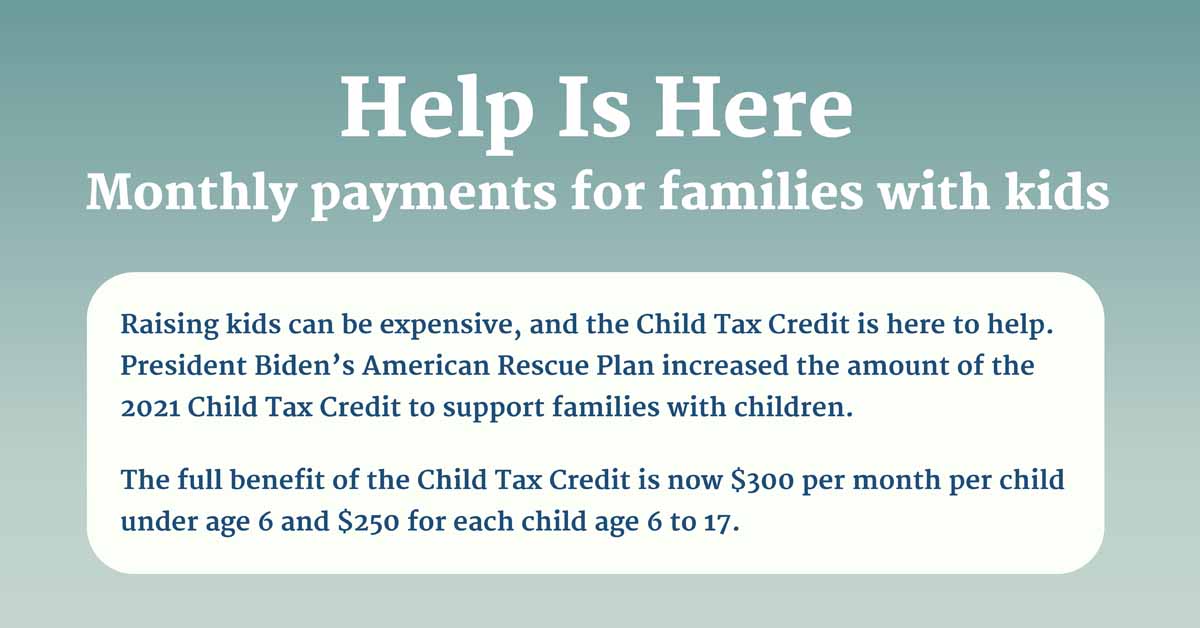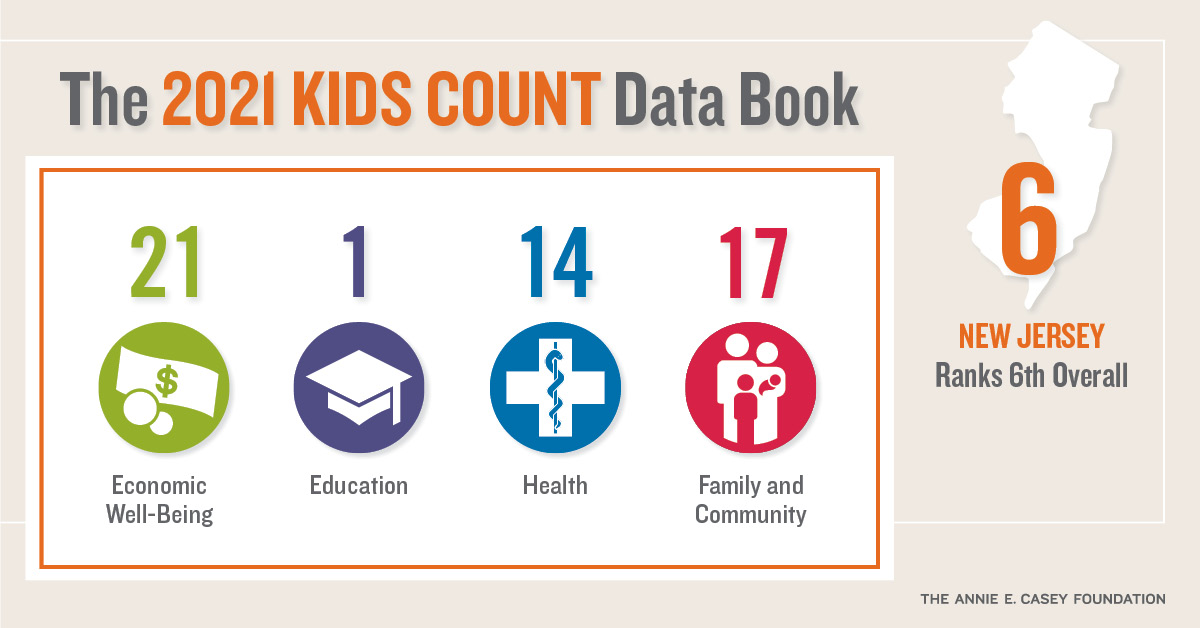Posted on June 28, 2021
By Legal Intern Kelly Monahan
The NJ Division of Child Protection & Permanency (CP&P) is rolling out training for its staff on Solution Based Casework (SBC)™ to help improve the quality of case plans, one of the four remaining benchmarks that New Jersey has to meet pursuant to a federal court settlement agreement.
Solution based casework (SBC) is a research-informed casework practice model aimed at promoting enhanced family engagement and improved outcomes, including child safety and permanency. SBC uses data tracking and family work monitoring so that caseworkers and key stakeholders can document the specific changes families have made towards their goals. According to the most recent federal monitor’s reports, “[m]eaningful case plans that are authentically developed with the family are the foundation of quality child welfare work. Timely and meaningful case plans that are developed with the family at the beginning of a case, and throughout a family’s involvement with DCF, rely on workers’ assessment and engagement skills.”
SBC incorporates three theoretical foundations – solution-focused, cognitive behavioral and family life cycle theory – and is comprised of three basic elements: (1) developing partnerships with families, (2) focusing on families’ daily routines to help identify threats to safety and (3) targeting specific prevention skills designed to address and reduce the identified safety threats.
To that end, SBC has established four milestones to aid caseworkers in remaining on track to satisfy the three SBC elements:
- Collaborate with families to help identify thoughts, behaviors and emotions that lead to maltreatment and identify early warning signs to prevent future maltreatment. This includes assisting the families in identifying resources to help address barriers to safety, and reach a consensus for change.
- Create a written plan with families to develop a strengths-based co-developed family agreement (previously referred to as a service plan) that incorporates the family’s own language and breaks down clear, achievable goals. A family agreement shifts away from the original model of service compliance and moves towards behavioral changes that improve child safety. Family partnership also creates a more collaborative environment among the caseworker and family, instead of an adversarial one.
- Develop a concrete action plan that identifies the specific steps family – and their supports, including service providers, friends and extended family – will take towards their goals. Caseworkers review and update the action plan at every family meeting and work to identify and celebrate families’ progress.
- Tailor the action plan to unique challenges that families may face.
SBC practices have been associated with improved outcomes in child welfare cases when implemented appropriately. A study examining 4,559 child welfare cases in Kentucky from 2004 to 2008 found that SBC intake and investigation practices were associated with improved overall safety, SBC case planning practices were associated with improved permanency outcomes and provision of ongoing SBC case management and case planning were associated with overall well-being. Notably, as the SBC implementation adherence score increased, so too did the compliance score for the federal Child and Family Services Reviews outcome measures. The New Jersey Department of Children and Families’ commitment to mandate a statewide training and implementation of SBC for all CP&P caseworkers may potentially help improve outcomes for children and families, including enhanced child safety and permanency, as well as improve the Division’s compliance with federal child welfare requirements and the Sustainability and Exit Plan child and family outcomes and case practice performance measures, including those currently designated as “To Be Achieved.”
SBC Whiteboard from Natalie Christensen Vimeo on Vimeo.




